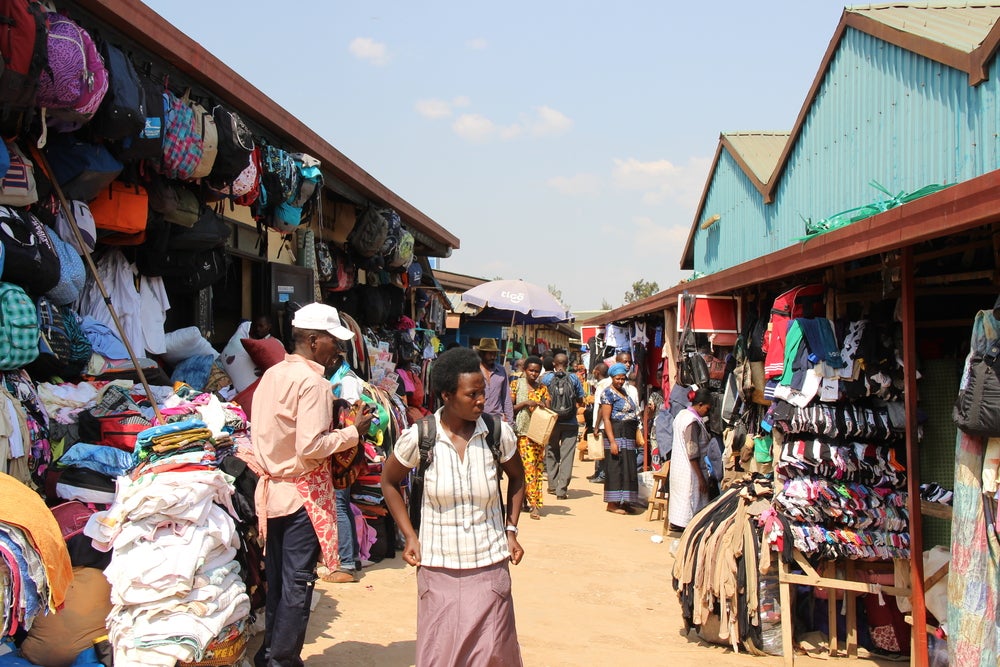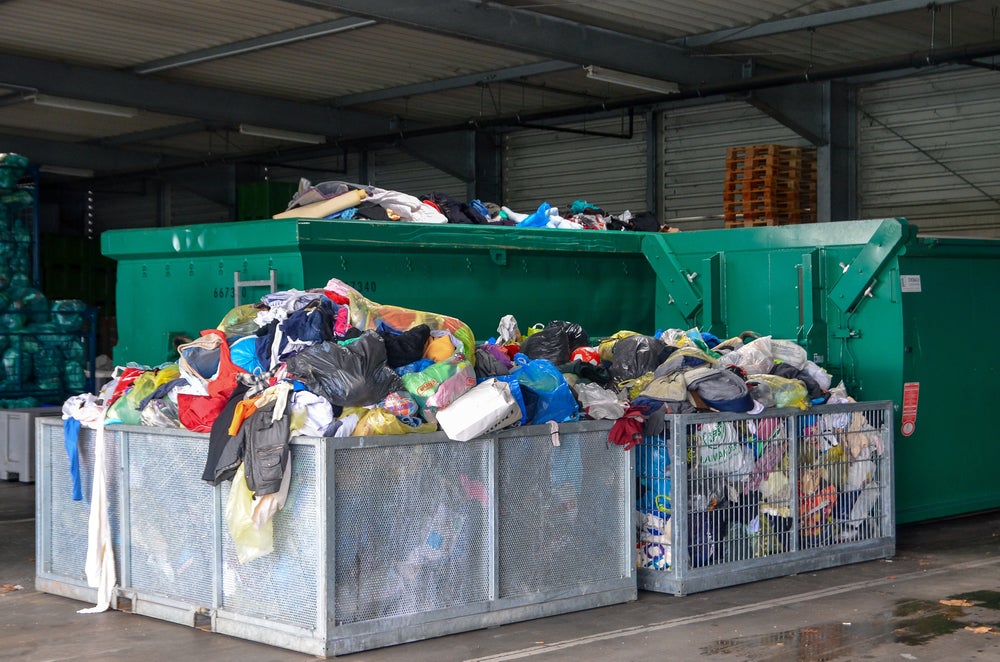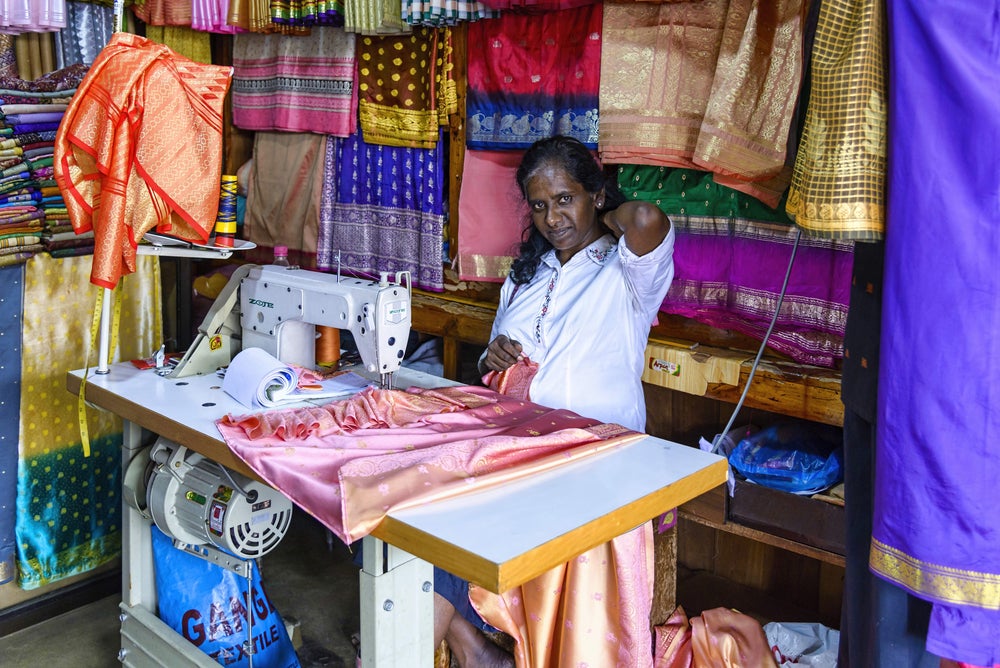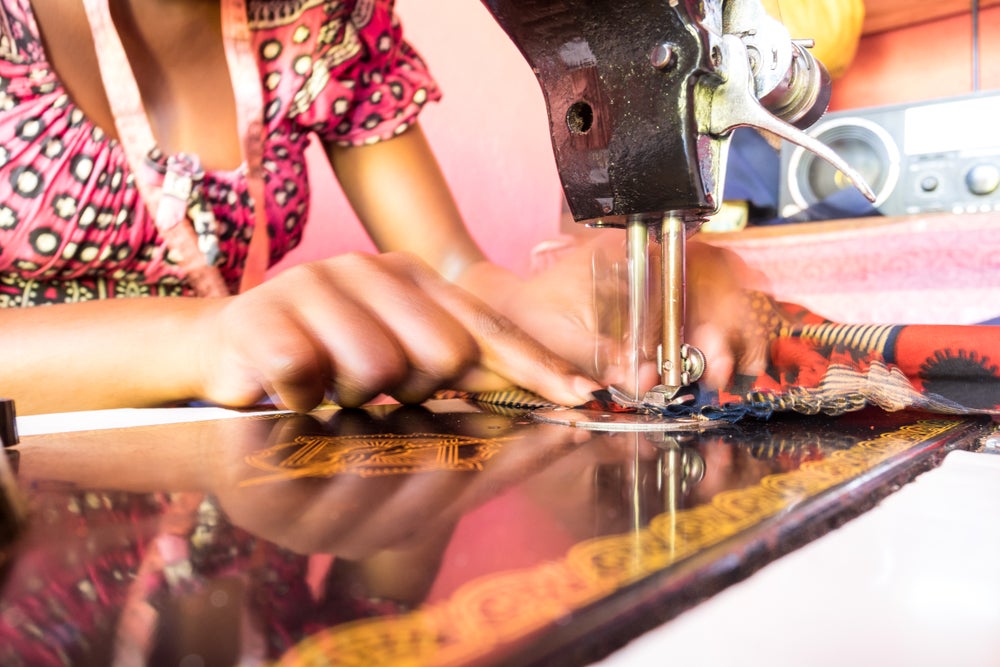The study, titled "Job Creation in Africa's Second-hand Clothing Sector", was commissioned by the Humana People to People development network. It estimates the SHC trade contributes more than $73.5m annually in tax revenues, funds that support critical public services and infrastructure across just five African nations - Angola, Guinea-Bissau, Malawi, Mozambique and Zambia.
In February 2022, concerns were raised about the negative impact of the second-hand clothing trade with sub-Saharan Africa, hobbling the development of the region’s clothing and textile sector, while some experts warned its removal would not be easy.
However, Humana People to People's study found that with each tonne of imported used clothing sustaining an average of 6.5 jobs, the SHC workforce represents up to 25% of total services employment in these countries.
Dr Joseph Feyertag, an independent development economist and author of the report, said it’s “time we acknowledge and amplify the value that the SHC sector brings to the table."
The affordable clothing options provided by second-hand clothing sellers also empower citizens from low-income households to access essential apparel items.
Patrick Diamond, professor of public policy, at Queen Mary University of London, added: "Contrary to the common misconception that it competes with local textile industries it [the SHC sector] complements them, enriching local economies and providing essential clothing at accessible prices. Strategic support from policymakers can unlock even greater potential within this sector."
The report finds little evidence that used clothing imports themselves are the primary driver of domestic textile manufacturing's decline in Africa. More substantive challenges including raw material constraints and underinvestment in machinery are seen as larger culprits.
The report posits that further growth of the SHC trade could create valuable "green jobs" by embodying principles of the circular economy and prolonging the lifecycle of textile products in an environmentally sustainable way.
Hilda Kavenuke, form second-hand clothing retailer DAPP Zambia, commented: "As a retailer in the second-hand clothing market, I've seen firsthand how this business supports not just my family, but also the community around us.
"Every shipment of clothes we receive turns into multiple opportunities - not just in sales but in jobs for many others along the supply chain to the tune of 6.5 jobs per tonne. Enhancing this sector can truly transform communities by creating more jobs and sustaining more families."
“The findings of this report highlight the second-hand clothing sector as an important driver of employment in Africa. In countries that continue to suffer high levels of extreme poverty, these jobs represent an opportunity to diversify income beyond subsistence farming and provide much-needed access to affordable clothing."















